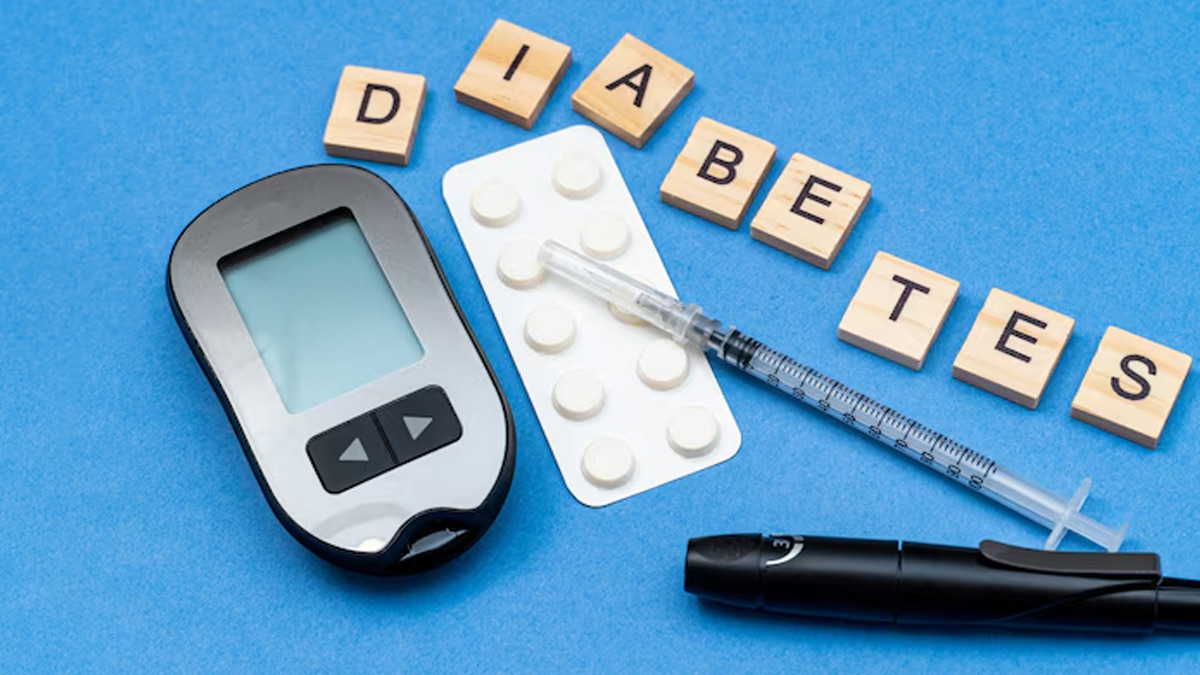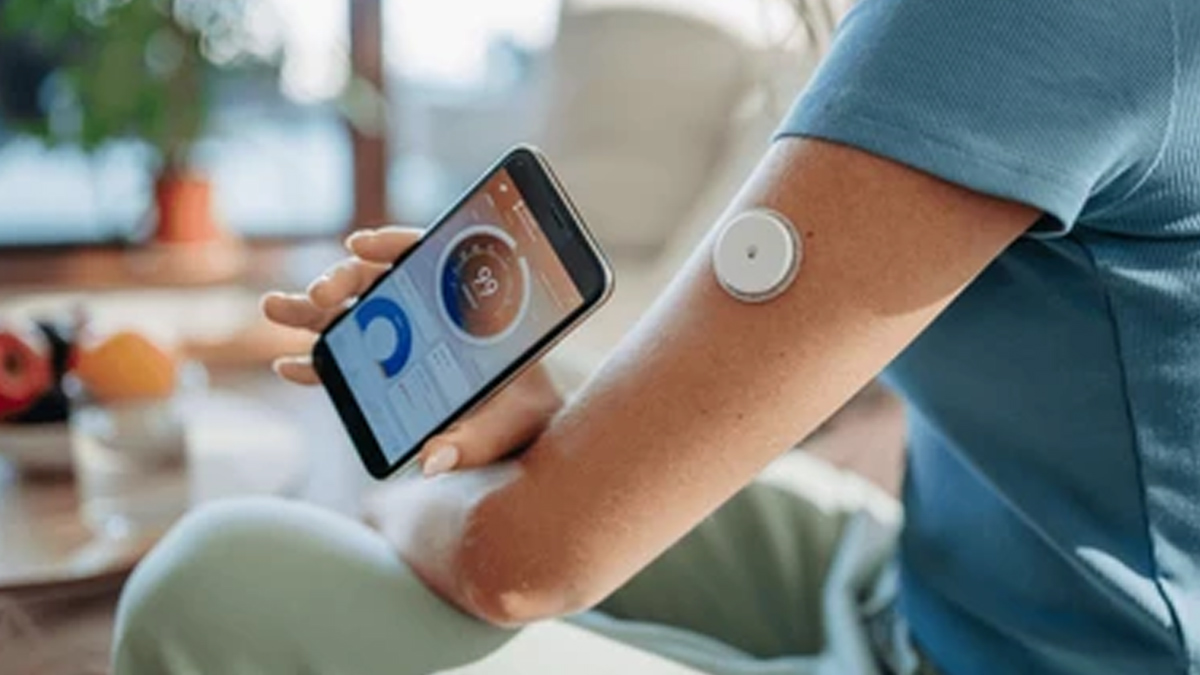Living With Diabetes A Doctors Advice On 3 Must-Haves For Patients; Additional Tips To Follow
About 83 crore people worldwide have diabetes, and more than half of them do not receive treatment, according to the World Health Organization (WHO). Diabetes is a condition that occurs when the body does not produce or use insulin effectively, which causes blood sugar levels to spike. Therefore, monitoring and managing your blood sugar level through diet and exercise is key, especially when it comes to keeping your diabetes in check.
In an exclusive interaction with the OnlyMyHealth team, , discussed some important must-haves for all diabetes patients and shared strategies to maintain healthy blood sugar levels.

Diabetes is a chronic condition that occurs when the body doesn't produce or use insulin properly, which causes blood sugar levels to rise.
There are two main types of diabetes: type 1 and type 2. Type 1 diabetes is an autoimmune disease that occurs when the body's immune system attacks and eliminates the pancreas' insulin-producing cells. On the other hand, type 2 diabetes is when the body doesn't use insulin properly or doesn't produce enough insulin. Both types of diabetes can negatively affect your body.
According to the WHO, uncontrolled diabetes can damage blood vessels in the heart, eyes, kidneys, and nerves. People with diabetes have a higher risk of health problems, including heart attack, stroke, and kidney failure. The condition can also cause permanent vision loss by damaging blood vessels in the eyes.
Moreover, a lot of people with diabetes develop problems with their feet from nerve damage and poor blood flow, leading to foot ulcers, which may necessitate amputation.

According to Dr Pradhan, diabetes patients need a few things handy. They should be in possession of supplies that help them monitor their blood sugar levels as well as keep their diabetes in check. These include:
A glucometer is a device that helps people with diabetes check their blood glucose levels at home. Regular monitoring helps track fluctuations in sugar levels, according to which patients can adjust their diet, medication, or insulin doses.
Low blood sugar, or hypoglycemia, is as concerning as high blood sugar. It can cause dizziness, confusion, and even unconsciousness if not managed promptly. Therefore, diabetics should always have quick sources of glucose available, such as sugar, honey, fruit juice, or glucose tablets. Knowing these remedies helps a person with diabetes act quickly without needing any medical supervision.
For those with type 1 diabetes, ketone monitoring urine strips are crucial to detect high ketone levels, which can signal diabetic ketoacidosis (DKA), a serious and potentially life-threatening condition. Additionally, glucagon injections should always be accessible to manage severe hypoglycemia, especially when the person is unable to have sugar orally.

In addition to keeping certain supplies handy, there are other factors that people with diabetes need to consider to regulate their blood sugar levels. Therefore, all the persons suffering from diabetes must follow:
Dr Pradhan shared that a balanced diet and portion control are vital for maintaining near-normal blood glucose readings at all times. Meals that are high in protein and fibre and low in carbohydrates will prevent post-meal glucose peaks, she highlighted.
Furthermore, she recommended moderate-intensity exercise helps in improving insulin sensitivity in diabetic patients. This helps in better blood glucose control and less requirement of anti-diabetic medications, she added.
Diabetes management involves a combination of efforts that patients must put in. This includes regular monitoring, being aware of the signs and symptoms of high and low blood sugar levels, adopting a balanced diet, exercising regularly, and staying in touch with healthcare professionals. It is also crucial to carry a few things at all times to prevent or be ready for any emergencies. By following these expert recommendations, individuals with diabetes can lead healthier lives with better control over their condition.










